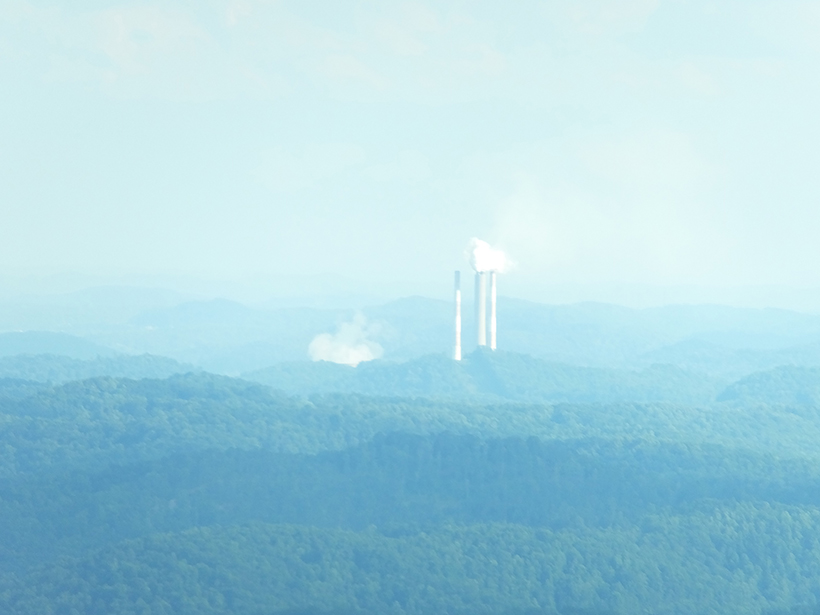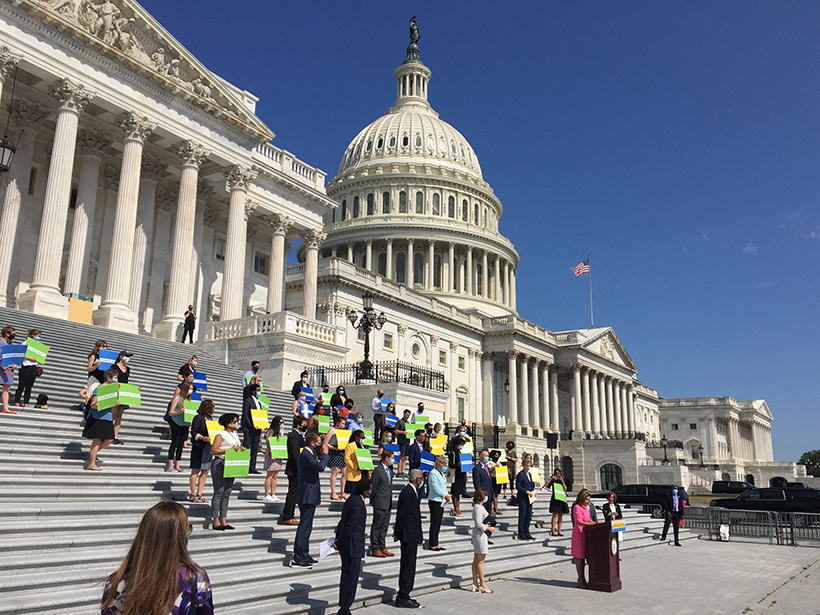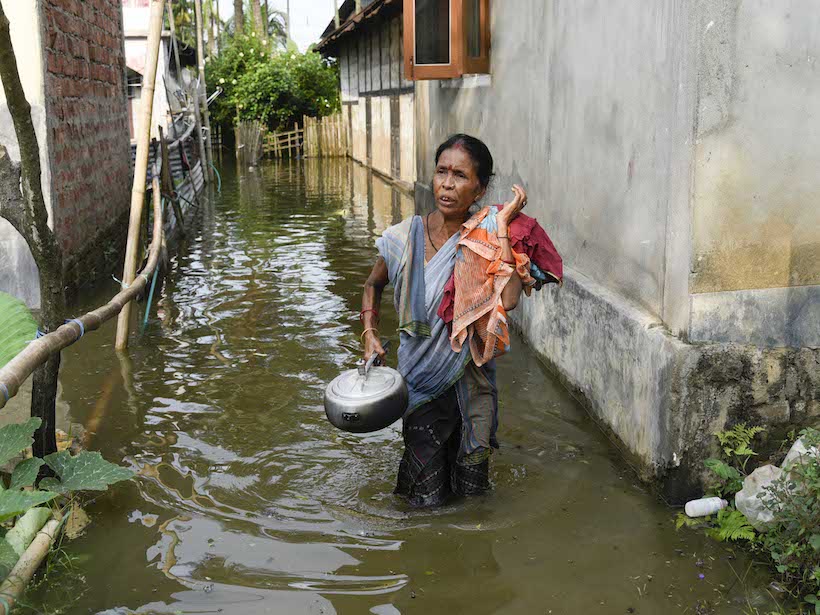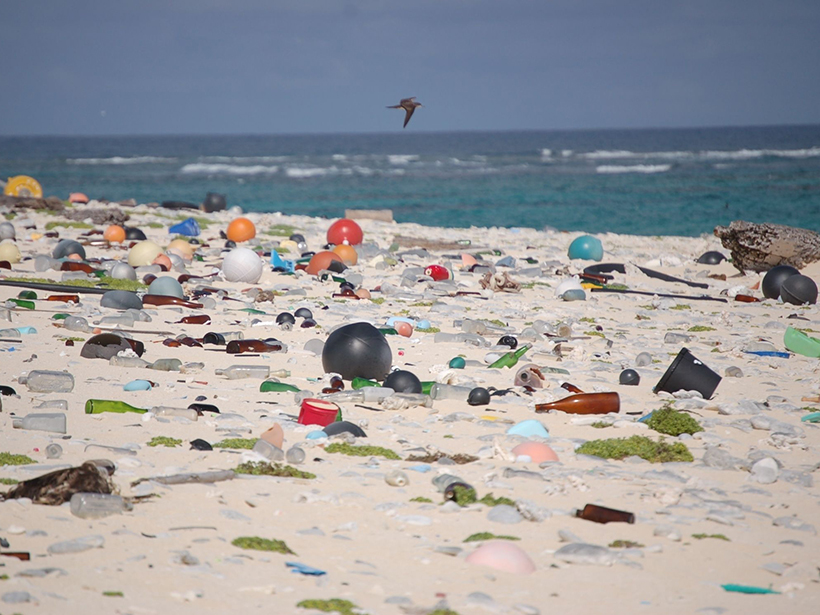Scientists and science communicators can lend their expertise to a growing shortage of poll workers in the United States.
legislation & regulations
Affordable Clean Energy Rule Threatens Progress of Clean Air Act
The scientific community must act to minimize the adverse air quality and health impacts of relaxed EPA regulation.
An Unfought Geoscience Battle in U.S. Prisons
Prisoners, activists, and lawyers are fighting to protect incarcerated people from pollution and the dangers of climate change. There’s a place for geoscientists in the fight too.
How Scientists Can Engage to Solve the Climate Crisis
Policymakers need scientists. Here’s how one geoscientist contributed to a U.S. congressional report that’s already churning out legislation—and real action.
New Recommendations for a Proactive Flood Policy in India
As India grapples with devastating monsoon floods, a new review supports greater investment in nonstructural solutions.
Tracking Air Pollution from Ghana’s E-Waste Site
Researchers established a relatively low cost method that could help countries with limited monitoring capabilities measure particulate pollution in their skies.
Deep-Sea Mining May Have Deep Economic, Environmental Impacts
A new report supports the creation of a compensation fund for nations that rely on terrestrial mining, but it fails to dispel environmental concerns over deep-sea mining.
Geoscience Commits to Racial Justice. Now We’ve Got Work to Do
To be silent is to be complicit in our own destruction because racism destroys us all. But not being silent entails more than publishing statements. There is also the collective silence of inaction. —No Time for Silence
Coastal Wetlands Save $1.8 Million per Year for Each Square Kilometer
The protective value of a plot of wetlands varies widely based on the county it shields from storm-related property damage.
Bill Calls for Dramatically Cutting Plastic Pollution
With just 8% of plastic waste in the United States currently being recycled, the bill aims to set up an effective plastic recycling program and limit single-use plastic.










